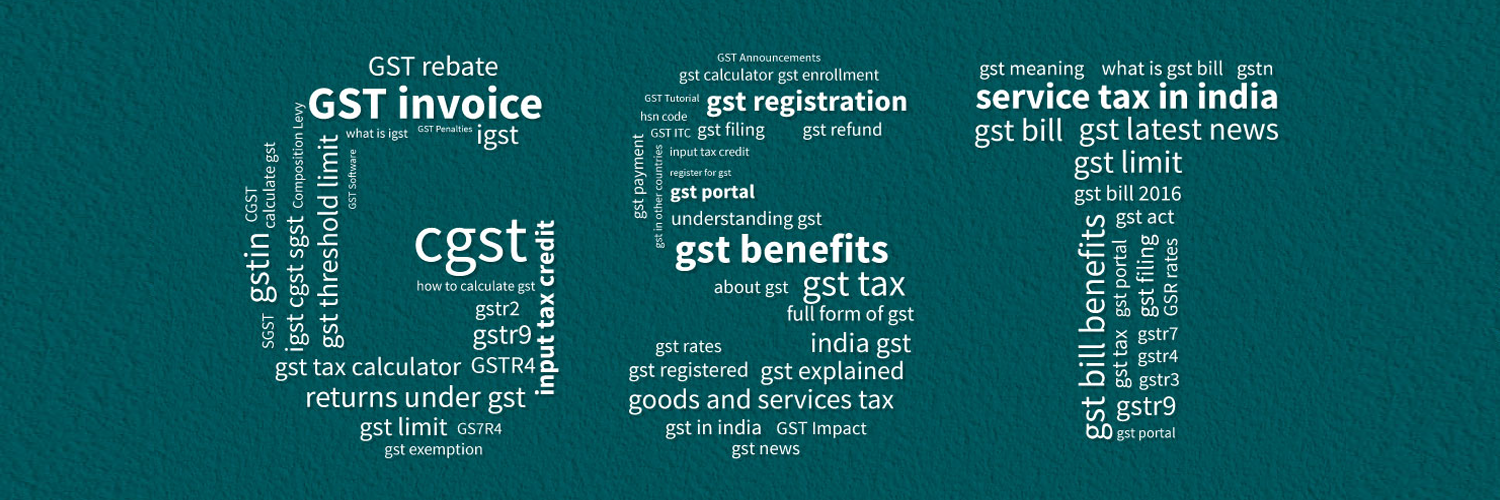
What is GST ?
GST
What is GST?
Goods & Services Tax Law in India is a comprehensive, multi-stage, destination-based tax that will be levied on every value addition.
To understand this, we need to understand the concepts under this definition. Let us start with the term ‘Multi-stage’. Now, there are multiple steps an item goes through from manufacture or production to the final sale. Buying of raw materials is the first stage. The second stage is production or manufacture. Then, there is the warehousing of materials. Next, comes the sale of the product to the retailer. And in the final stage, the retailer sells you – the end consumer – the product, completing its life cycle.
A return is a document that a taxpayer is required to file as per the law with the tax administrative authorities. Under the GST law, a normal taxpayer will be required to furnish three returns monthly and one annual return. Similarly, there are separate returns for a taxpayer registered under the composition scheme, taxpayer registered as an Input Service Distributor, a person liable to deduct or collect the tax (TDS/TCS).
The GST council, at its first meeting, agreed on a revenue threshold of ₹ 20 lakh below which the traders will be exempted from GST. This limit will be ₹ 10 lakh for the north-eastern and hill states. The council also managed to reach a middle ground on sharing of administrative powers between the center and the states. It decided that states will get exclusive control over all dealers up to a revenue threshold of ₹ 1.5 crores thus addressing the issue of dual control over small traders.
Services Provided
- GST Registration
- Monthly Returns
- Transition Returns – Carry forward your VAT and Excise credits into GST
- Advisory on Way Bills
- Departmental Appeals
- Representation of GST officers
- Selecting & Implementing suitable accounting packages for GST
